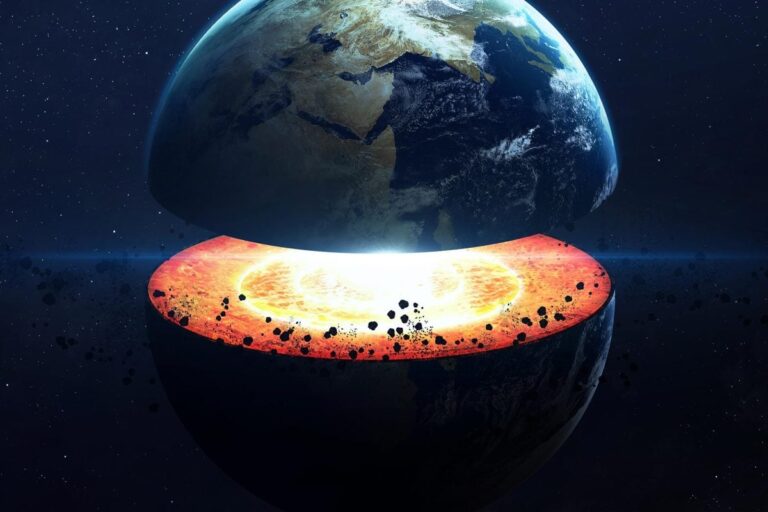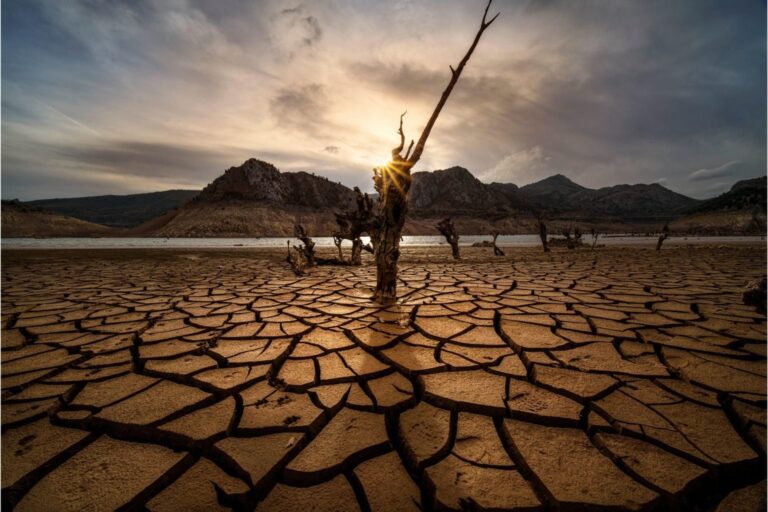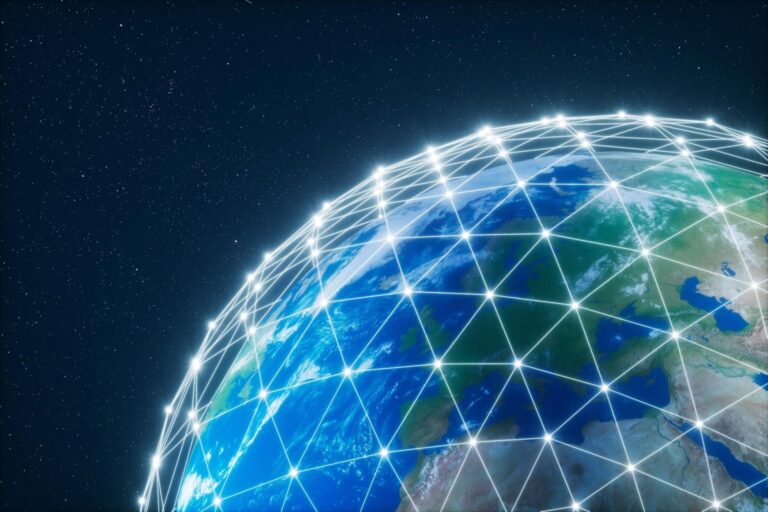The long-predicted digital apocalypse has arrived—not with a bang, but through a quiet announcement. A blog post, published on July 18, sent ripples through the web. Its headline, though seemingly innocuous, carried grave implications: “Google URL Shortener links will no longer be available.” At first glance, it might not sound like much—no alien invasion or rogue AI, just some broken links. But for anyone who understands the fragility of the internet, this news signals something far more ominous: a significant piece of our online past is about to disappear forever.
A Decade of URLs, Poof!
For years, Google provided a service to convert long and unwieldy web addresses into short, easy-to-share URLs. These concise links were more than a convenience—they were essential tools for online tracking, commerce, and communication. Although Google stopped creating new shortened URLs in 2019, the existing ones continued to work, guiding users seamlessly to the intended content. But that era is ending. As of next year, Google announced, all previously generated short URLs will cease to function.
Once those links go dark, billions of digital breadcrumbs leading to articles, resources, and media will vanish into the abyss. Without them, the web content they once connected will be buried, unreachable without manual reconstruction. In the online world, when a link dies, the content it points to might as well not exist. It’s a 404-message funeral for a decade of digital history.
Death by a Thousand Cuts: The Rise of Link Rot and Digital Decay
This isn’t just an isolated incident. It’s part of a disturbing trend. Platforms disappear, taking entire social networks with them. Digital news outlets fold, leaving stories untold. Cloud services shut down, wiping out files without warning. Each time a link breaks or a server goes offline, we lose more of our shared knowledge and culture. The very infrastructure we trust to preserve information is crumbling, leaving us with a growing black hole of forgotten content.
What’s worse, the cloud—often touted as a safe, permanent storage solution—has proven unreliable. As some have sarcastically noted, “The cloud is just someone else’s computer.” And when that computer is turned off, nothing remains—not even the illusion of permanence.
The Internet: The Library of Alexandria in Flames
At first, these small losses may seem trivial. A missing meme here, a broken article link there—no big deal, right? But when viewed as a whole, the pattern is alarming. The internet has evolved into the world’s primary archive, documenting our history, culture, and ideas. Yet this archive is falling apart, piece by piece, before our eyes. It’s as if we’re standing by, watching the modern equivalent of the Library of Alexandria burn to the ground—but this time, the destruction is even worse.
Unlike ancient manuscripts carved into stone or preserved in libraries, much of our digital history is fragile and dependent on systems we don’t control. The web’s promise of endless access is becoming a lie. Without intervention, we risk creating a world without memory—a “Digital Dark Age” where future generations will have no trace of our time, no history to learn from.
Why This Matters More Than Ever
Today, it might be easy to dismiss these concerns as alarmist. After all, many of us take the internet for granted, assuming it will always be there when we need it. But the cracks are already showing. Every broken link and every vanished platform leaves behind a void. Over time, these voids accumulate, erasing pieces of our collective knowledge.
We’re not just losing funny videos or old blog posts; we’re losing evidence of how we lived, thought, and evolved. A world without accessible history is a world without accountability or lessons from the past. And the worst part? We may not even realize the full extent of what we’ve lost until it’s too late.
Conclusion: A Call to Preserve Our Digital Legacy
The impending shutdown of Google’s short URLs is a stark reminder of the internet’s fragility. It’s not just about a few broken links—it’s about the growing threat to our digital legacy. As more content disappears, we inch closer to a world without memory, where knowledge is fleeting, and history is lost to the void.
The question we must ask ourselves is this: How do we stop this slow-motion collapse? Preserving our digital history requires effort, awareness, and action. If we don’t act soon, we may find ourselves wandering in the darkness of a forgotten past—a Digital Dark Age from which there is no return.

















+ There are no comments
Add yours